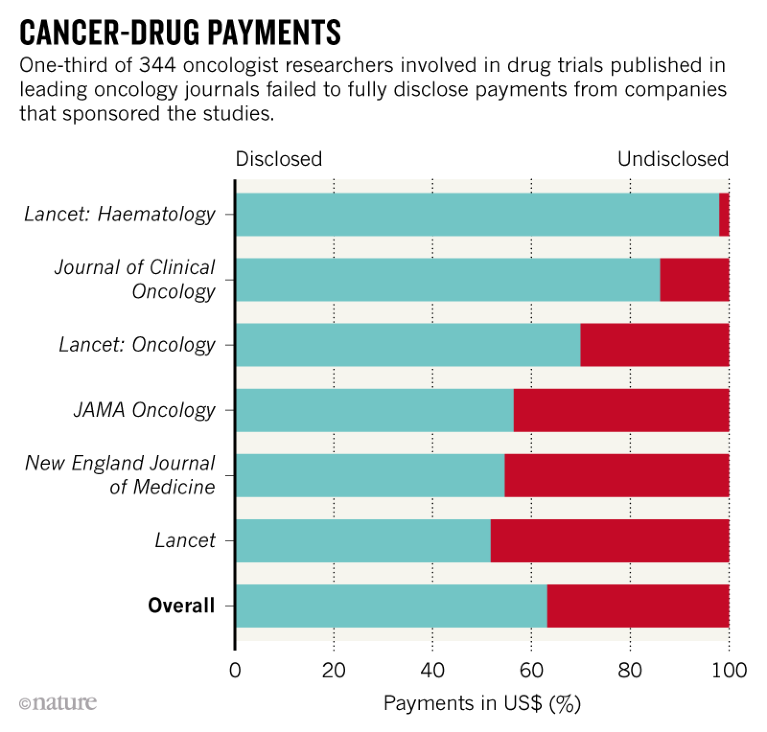EVENTS
Brazil’s national museum gutted by fire A huge fire devastated Brazil’s National Museum in Rio de Janeiro on the evening of 2 September. Many of the archaeological finds and historical memorabilia — some 20 million items in all — are now feared to have been destroyed; museum officials told local media that as little as 10% of the collection might have survived. The 200-year-old building housed several landmark collections, including Egyptian and Greco-Roman artefacts and the oldest human-skull fossil found in the Western Hemisphere. It’s not yet clear what caused the fire, but the lack of a sprinkler system, the dilapidated state of the building and the failure of the two fire hydrants closest to the museum have all been blamed for the extent of the damage. Brazil’s education minister, Rossieli Soares, told reporters on 3 September that the federal government would spend an initial 15 million reais (US$3.6 million) to restore the structure and rebuild its collection, and would seek international help.

A huge fire tore through Brazil’s National Museum in Rio de Janeiro on 2 September. Credit: Ricardo Moraes/Reuters
Bullying probe An investigation into allegations of bullying is under way at the prestigious Wellcome Sanger Institute in Hinxton, UK. According to The Guardian, which reported on the investigation on 29 August, ten former and current staff members have accused leaders at the institute of bullying, mistreatment of staff and gender discrimination. The complaints include allegations against the institute’s director, geneticist Michael Stratton. The investigation will “ensure full and proper exploration of these allegations”, an institute spokesperson said. The institute is owned by the Wellcome Trust, which unveiled a landmark anti-bullying policy in May. The trust said that it is aware of the investigation at Sanger, and that it would “await the outcome of that process before commenting further”.
Research-ship clash Japan’s foreign ministry lodged a complaint with the South Korean government on 28 August, after a Korean research ship was spotted near a group of small islands that both countries claim as their own. The islets, known as Dokdo in Korea and Takeshima in Japan, are controlled by South Korea, but sit in a joint fishing zone where the nations’ claims also overlap. Japan asserts that the ship, Tamgu 20, was seen in Japan’s exclusive economic zone southwest of the islets, where foreign research vessels require permission to operate. According to Japan’s coast guard, the ship — managed by South Korea’s National Institute of Fisheries Science (NIFS) in Busan — dropped a black object into the sea and left the zone before noon. The NIFS has confirmed that the ship was conducting marine research on that day, but gave no details of its location or activities.
Salk lawsuit claims A California court has thrown out a retaliation claim in a gender-discrimination lawsuit against the Salk Institute for Biological Studies. On 30 August, a judge dismissed molecular biologist Beverly Emerson’s claim that the institute in La Jolla, California, let her contract expire in December 2017 because of the suit she had filed that July. The court also ruled that a key piece of evidence for the claim — an e-mail from Salk’s former president, Elizabeth Blackburn, suggesting that litigation might hurt Emerson’s career — is confidential material that should not go before jurors. Emerson alleges that systemic bias at the institute limited her pay and professional advancement and blocked her from resources such as research funding. The gender-discrimination trial is scheduled for 7 December.
HEALTH
STDs on the rise The incidence of several sexually transmitted diseases is rising steadily in the United States, the US Centers for Disease Control and Prevention (CDC) said on 28 August. Nearly 2.3 million cases of gonorrhoea, syphilis and chlamydia were diagnosed last year, up from 2.1 million in 2016. The number of people diagnosed with gonorrhoea jumped by 67% between 2013 and 2017; syphilis diagnoses rose by 76% and chlamydia by 22%. Without prompt treatment, these infections can cause infertility and stillbirth, and increase the risk that a person will contract HIV. The CDC also says that the bacteria that cause gonorrhoea are becoming more resistant to antibiotics.
ENERGY
Carbon-free energy The California state legislature passed a bill on 29 August that would require the state to generate 100% of its electricity from carbon-free sources by 2045. It would also increase the state’s existing carbon-free-electricity mandate for 2030 from 50% to 60%. Governor Jerry Brown must now sign the bill before it can become law. Once the regulation is enacted, California will become the second US state to establish such a policy. Hawaii was the first, enacting a similar mandate in 2015. Massachusetts, New Jersey, New York and Washington DC are also considering carbon-free-electricity mandates.
PEOPLE
French minister François de Rugy, speaker of the French National Assembly, was appointed France’s environment minister on 4 September. De Rugy is a former green-party politician who switched to President Emmanuel Macron’s party, La République En Marche, in last year’s legislative elections. His predecessor, Nicolas Hulot, resigned his post on 28 August during a dramatic live interview on the radio station France Inter. Hulot (pictured), a popular environmental activist who became Macron’s environment minister last May, had declined previous offers to join government, saying that he had more influence as an activist. But a year after taking the job, Hulot expressed frustration with the slow pace of progress in politics, and said that short-term demands on government detracted from its ability to tackle long-term issues such as climate change and the decline of biodiversity and natural resources.

Nicolas Hulot quit his job as French environment minister on 28 August.Credit: Alexandros Michailidis/Shutterstock
SPACE
Mars-rover vigil NASA is waiting for a massive dust storm on Mars to ebb before attempting to waken the sleeping Opportunity rover, the agency said on 30 August. The 14-year-old rover went silent on 10 June, after the storm obscured the sunlight that the spacecraft needs to survive. When the dust abates, NASA will listen for signals from the rover, and send it messages, for at least 45 days. The agency will continue to listen in a more passive mode until at least January 2019. By then, the Martian summer will have given way to autumn at Opportunity’s landing site. That change in seasons could kick up windstorms and clear any dust coating the rover’s solar panels. The recent Martian dust storm is one of the most extensive ever seen on the red planet.
RESEARCH
Higgs decay The ATLAS and CMS experiments at the Large Hadron Collider (LHC) have observed a previously undetected way in which the Higgs boson can decay — into a particle called the bottom quark, and its antiparticle. The experiments, based at CERN, Europe’s particle-physics laboratory outside Geneva, Switzerland, discovered the Higgs, a key part of the mechanism that gives other particles their masses, in 2012. LHC researchers have accumulated evidence of the particle decaying into a variety of products, following theoretical predictions, including decaying into two photons. In June, researchers revealed that they had also seen the Higgs interact with the top quark. The bottom-quark decay, announced on 28 August, is expected by theory, but the signal had been difficult to single out from the many other processes that can also produce those particles.
Retraction report A Chinese university has concluded that the authors of a controversial gene-editing paper that was later retracted did not intend to deceive the scientific community. The paper detailed how an enzyme called NgAgo could edit genomes with similar accuracy to the CRISPR–Cas9 gene-editing system (F. Gao et al. Nature Biotechnol. 34, 768–773; 2016). But the paper’s main finding was within months challenged by scientists who failed to reproduce the results. On 2 August last year, the authors agreed to retract the paper. Last week, Hebei University of Science and Technology in Shijiazhuang announced that its investigation found no basis for thinking that the original experiments should be republished. (Nature’s news team is editorially independent of Nature Biotechnology.)
TREND WATCH
An analysis of cancer-drug trials published in leading journals finds that about one-third of US authors failed to fully disclose payments from trial sponsors. Researchers led by Cole Wayant, a meta-researcher at Oklahoma State University in Tulsa, searched for cancer drugs approved by the US Food and Drug Administration between January 2016 and August 2017. They then looked for related clinical trials and identified the key publication for each trial. For any US physician-oncologist authors named on a study, Wayant’s team looked at whether the authors had received funding from a trial sponsor during the period of the trial. Under the US Affordable Care Act, such payments must be declared by drug companies in the publicly available Open Payments database. The researchers cross-referenced these payments with conflict-of-interest declarations made by the authors in the journal articles, and added up the total amounts disclosed and undisclosed for each article. Of the 344 oncologist authors for whom the researchers had data, 110 (32%) had not fully disclosed payments from the sponsor. Together, these authors received about US$217 million in payments.

Source: C. Wayant et al. JAMA Oncol. https://doi.org/10.1001/jamaoncol.2018.3738 (2018).





